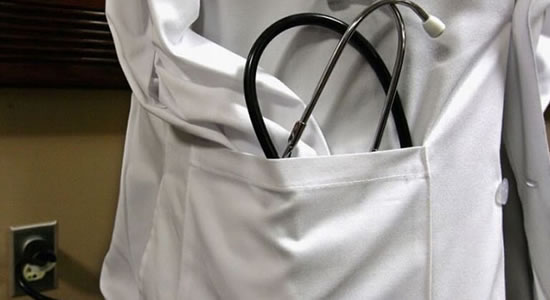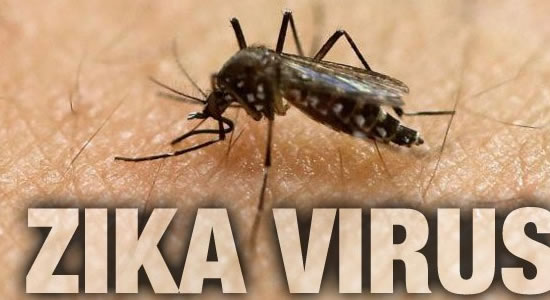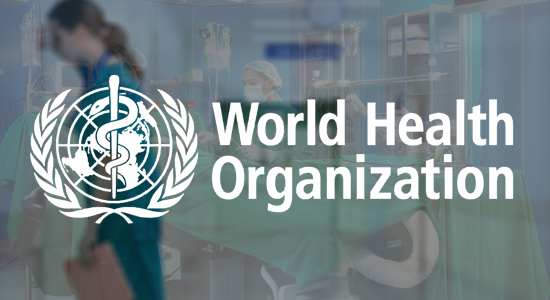Tablet and Smartphone Bad For Sleep
Researchers have found that the unending entertainments and the light emitted by smartphones and tablet are a powerful, slumber-killing combo.
The finding comes from a small analysis of nine otherwise healthy adults in their 20s. Their sleep was tracked after five straight nights of unrestricted tablet use, and then compared to their sleep patterns after reading printed materials alone.
The light from electronic devices suppressed the secretion of melatonin, the sleep-regulating hormone, study author Jeanne Duffy said.














